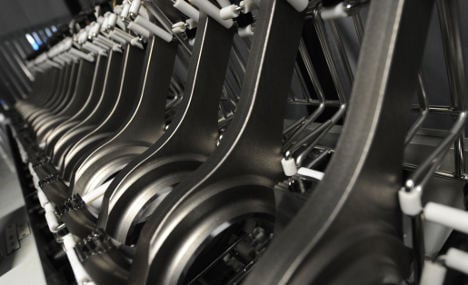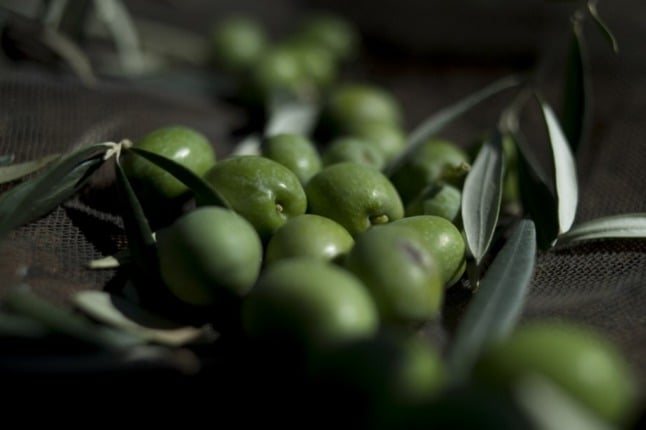“The management board and supervisory board consider the increased offer price to be appropriate and recommend that shareholders of Tognum accept the tender offer,” a statement said.
Daimler and Rolls-Royce submitted improved terms on Friday, hiking their offer 8.3 percent to €26 per Tognum share.
“Together with Daimler and Rolls-Royce, we are going to create a global technology leader in propulsion systems and decentralised energy systems,” Tognum said.
Daimler already owns 28.4 percent of Tognum, which employs some 8,700 people around the world, and has a long history with the company.
Having owned it for nearly 50 years, Daimler sold Tognum in 2005 to the EQT investment fund for €1.6 billion, only to later buy back around 22 percent in April 2008 for €585 million.




 Please whitelist us to continue reading.
Please whitelist us to continue reading.
Member comments